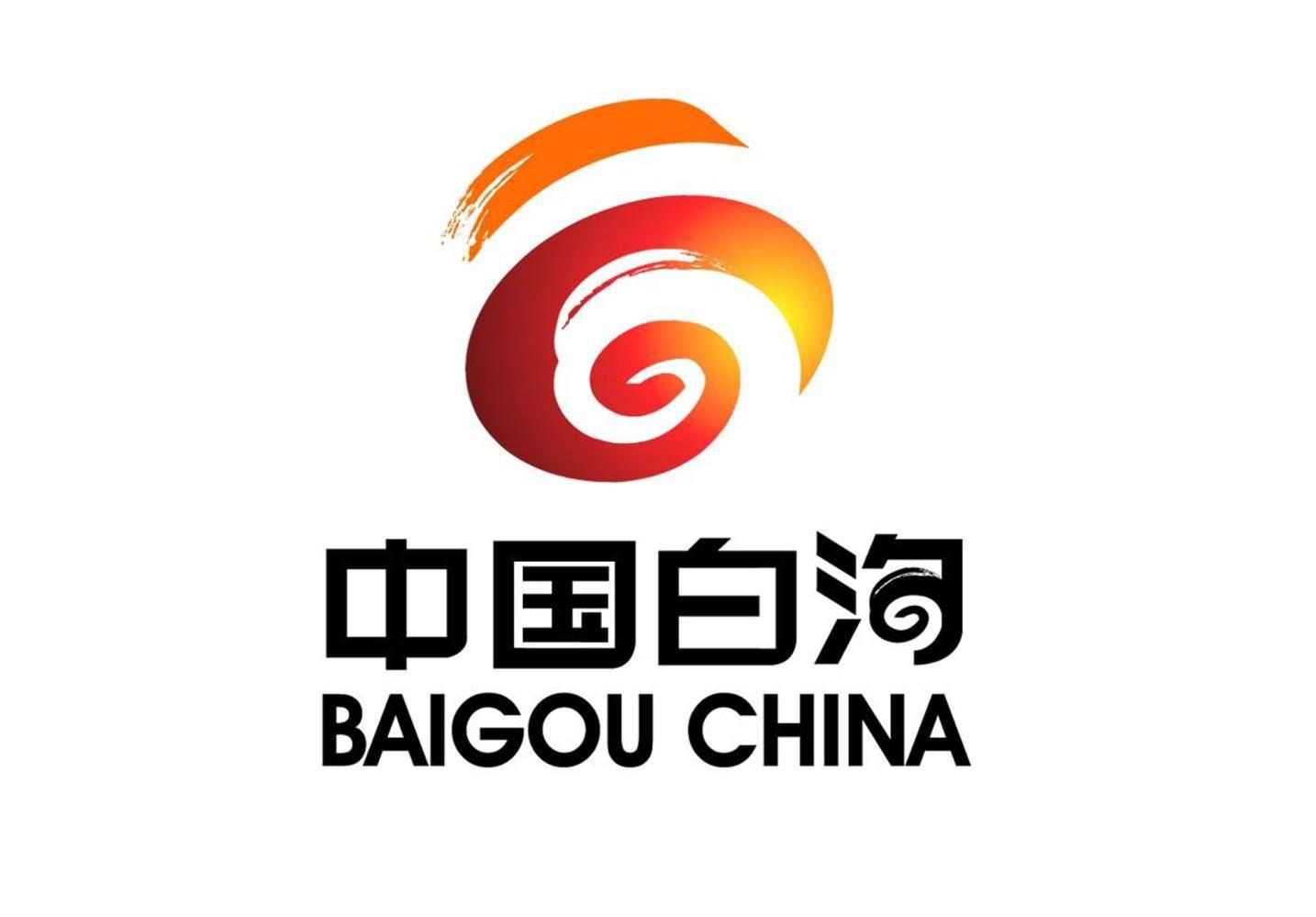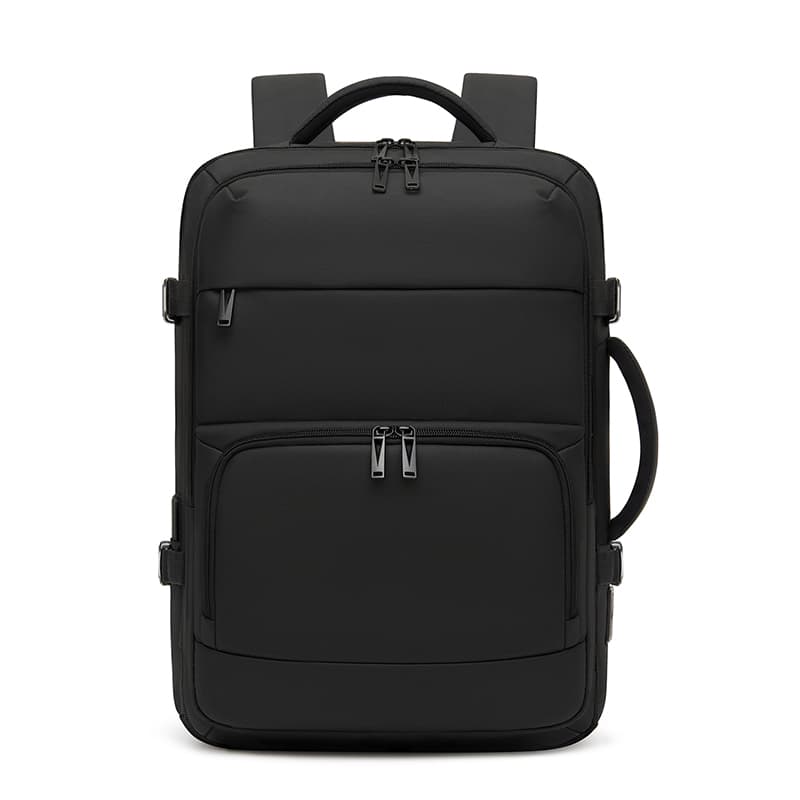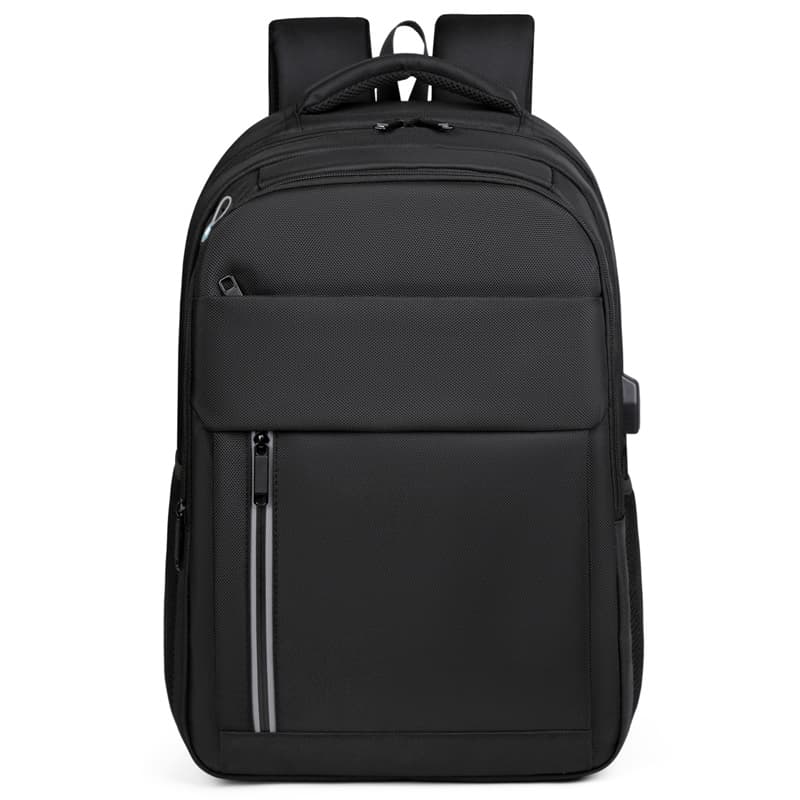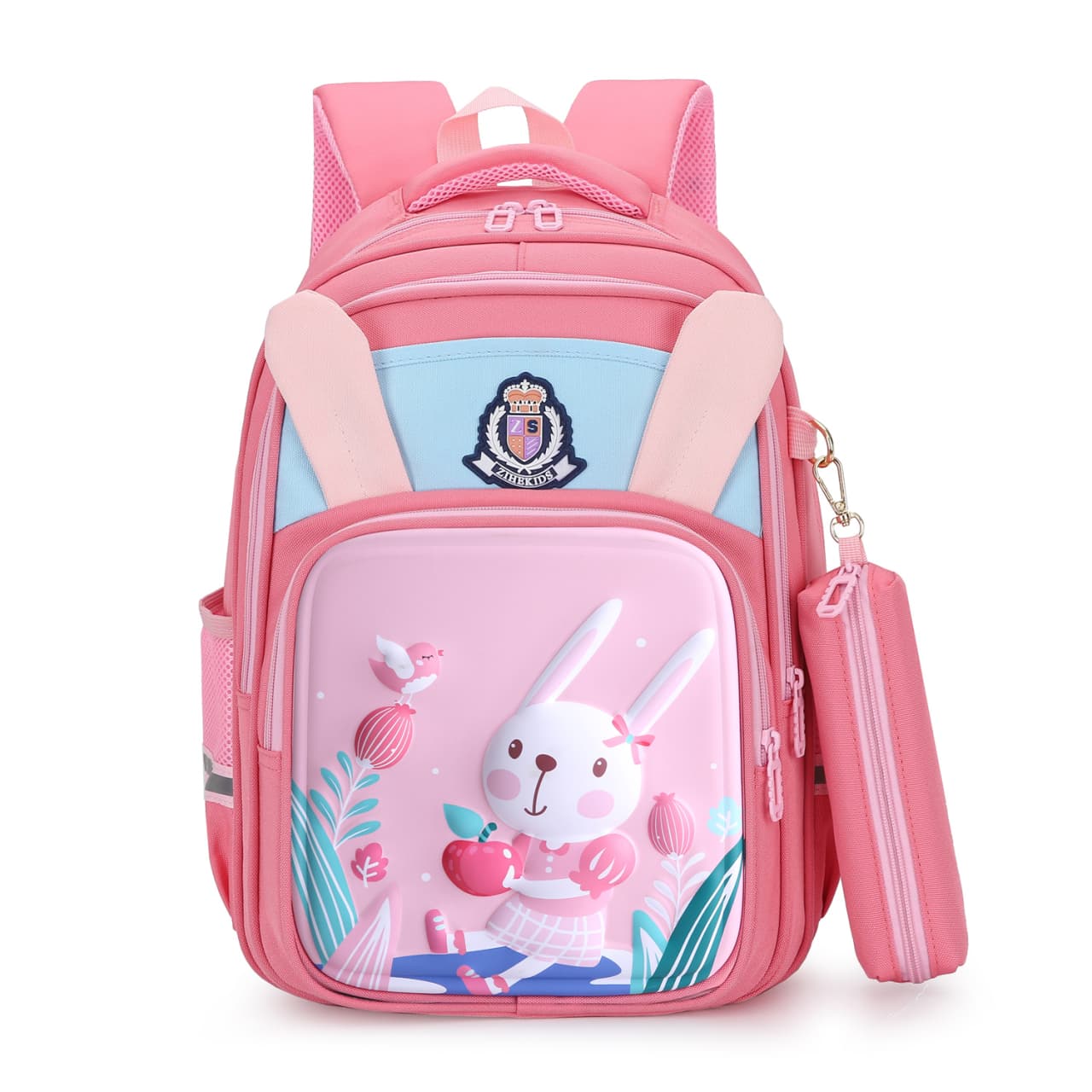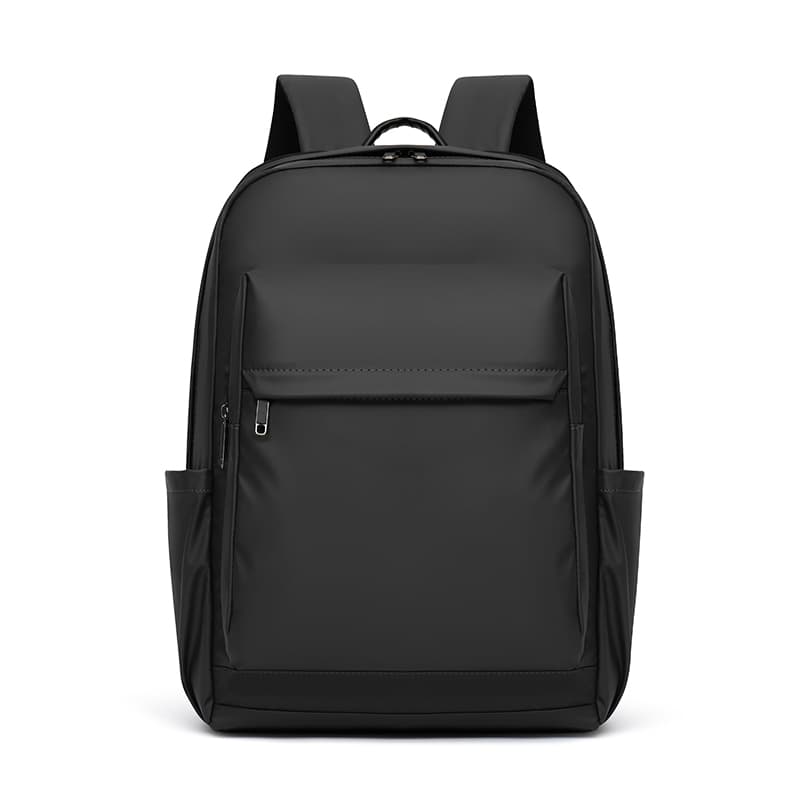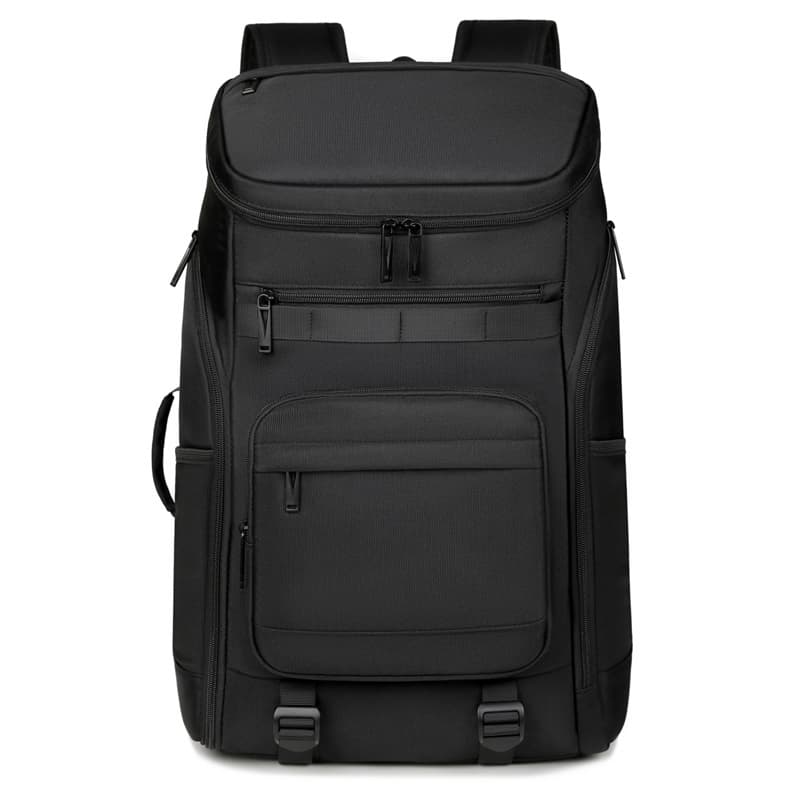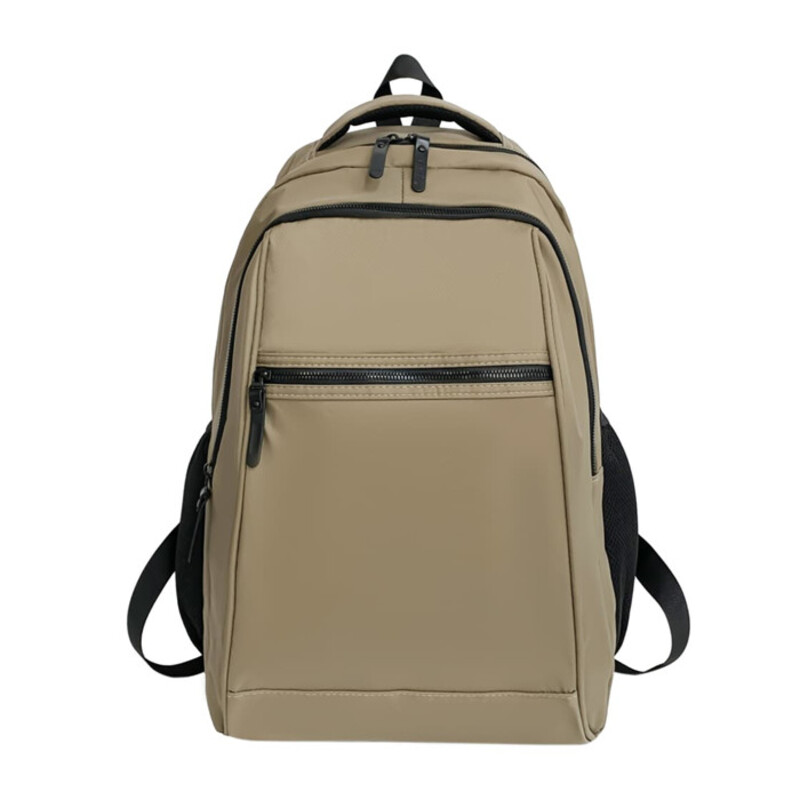China's Bags Capital: Baigou
2022-06-20 13:29:50
hebei leimande
Baigou, China's Bags Capital
You must go to Baigou if you are traveling to Hebei and arrive at Baoding. In Hebei Province's Baoding County, Baigou is a typical market town. At the intersection of the three counties of Baoding, Xiongxian, and Rongcheng, where the Jinbao Highway and the Gaobeidian-Xiongxian Highway cross, and where the Baigou River and the Daqing River meet, it is situated 32 kilometers southeast of Gaobeidian, the county government of Baoding. Tianjin, Baoding, and Beijing are all separated from Baigou by distances of 105, 60, and 120 kilometers, respectively.
BaiGou, which is well-known around the world, is unexpectedly full of goods, surprisingly affordable items, surprisingly busy, and surprisingly high in turnover these days. Here, there is a stream of daily traffic, business people, and visitors. It has expanded in recent years to become the largest bag market in the nation and the largest small goods distribution hub in the north, as well as a well-known shopping and tourist destination in Hebei Province.
Prior to 1984, Baigou was still the township's establishment. That year, the township was abolished and reestablished with 5 streets, 13 villages, and a population of more than 20,000. There are no well-known landmarks, mountains, rivers, local products, or celebrities. How did Baigou, a little village, grow into a bustling marketplace known as the "Little Hong Kong of the North"? Please visit Baigou to learn more. There are a few catchphrases in Baigou: 10,000 to 20,000 are not tallied, 100,000 to 80,000 are only beginning, and three to five hundred thousand are not uncommon. Nobody in Baigou is curious about a million-dollar home.
It turns out that Baigou's residents have been conducting business since the beginning of time, and more than 90% of them are Hui, who are skilled at conducting business. The Xincheng County records show that Baigou's trade began during the Three Kingdoms era. It became a town and the capital of southern Yan during the Song Dynasty. The Qing Dynasty was when it peaked. It used to be called "Little Tianjin Wei" and served as a land and sea dock. However, Baigou Town's economy was deteriorating year after year.
Commerce and industry in Baigou saw a resurgence following national freedom in 1949, and by 1956, there were 140 stallholders, 218 big companies, and 17 factories there. Private companies were thereafter prohibited, and the Baigou market vanished as a result of the drying up of the Baigou River. How did the little BaiGou projectile draw in such a large domestic and international client base? This is due to the wide variety of available commodities. The entire Baigou market comprises roughly 10,000 different products in 110 different categories. For instance, there are more than 4,000 different types and specifications of bags, including the manager bag, suit bag, document bag, student bag, crescent bag, and sun bag. The cost of things is low here. In Beijing, Tianjin, Baoding, and other cities, the average price of bags are 30–60% lower than it is at state-run malls. The things here are unique in style. Information on the economy and technology in Baigou is swiftly and effectively transmitted.
Once the residents of Baigou realized that the morning imitation, the afternoon to the market for sale; some popular today in Guangzhou, Baigou would have items for sale the following day, they learned about innovative luggage. The information drawings will come to Baigou, the next day, the third-day Baigou market can be viewed, and popular bags from Hong Kong and Shenzhen will be on display. Even in Baigou, what is popular and created in the afternoon is what you prefer in the morning. Of course, there are numerous products with original styles as well. A popular product that has been offered in large shopping malls in Guangzhou, Dongguan, and other cities is the counterfeit deerskin women's makeup bag that High Bridge Village manufactured. Both wholesale and retail sales of the products are done here. The gross eight cents of retail is not too little, nor are thousands upon tens of thousands of dollars in wholesale.
This is a feature of the Baigou market as well. Why, then, are the products in the Baigou market so inexpensive? Wander over to Baigou and take a look; you'll see. It turns out that the low cost of producing things here, the lack of circulation, and the low cost of circulation, along with the low average profit, make the low price of goods only normal.
The market is profitable, according to the Baigou people, since there are "more goods to attract distant buyers, thin profit to drive more sales."
